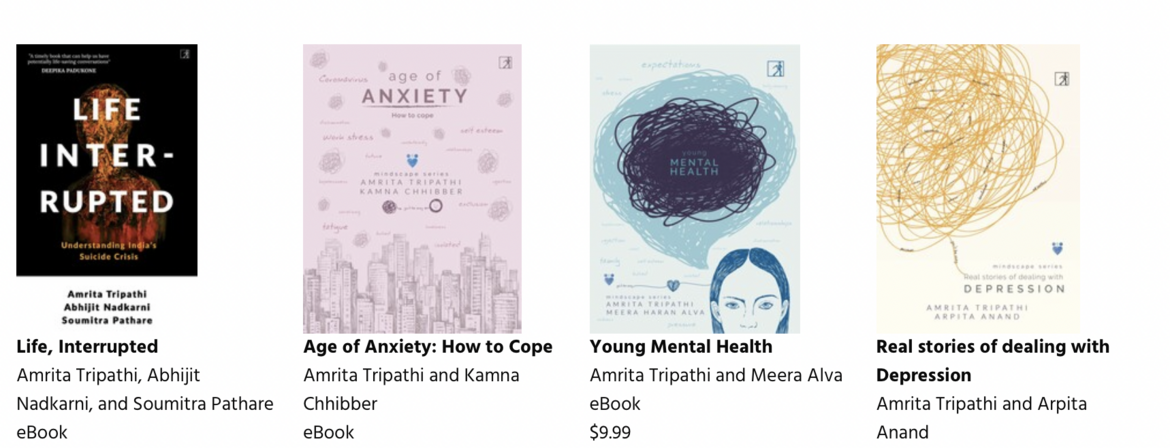My first column on television news, for The Reel on Scroll.in is here on their site, and below...Comments are welcome!
Amrita Tripathi | 31.9K Total view
CHANNEL SURFING
On the small screen, the big picture isn’t always visibleWith so many different versions of breaking news, it’s hard to get perspective, says our new fortnightly TV columnist.

Television news is stressful business. I didn’t know until recently just how traumatic it can be as a spectator sport. It’s not even a question of weeding out your favourite news channel from the wealth of choice available (about 400 channels at last count).
English news channels are constantly amping up their game, trying to find new ways to convey excitement. If multiple screens, blues and reds, and tickers and capitalised headings weren’t enough, graphics are constantly swishing across channels so that you know that Things Are Happening. Presumably, a seizure is a small price to pay to know what the breaking news of the day is.
It’s been a while since the last bastion of calm and reason – the news anchor – has crumbled. It’s not just 9pm anymore. The daytime is also being prevailed upon to be forceful and shout-y. Perhaps the re-branding of post-lunch shows – long presumed to be the time when people are watching on mute – as Afternoon Prime Time is a sign of the times. With so many different versions of breaking news multiple times a day, it’s sometimes hard to get some perspective. If you’re not a news junkie, you’re probably not flicking channels obsessively to see what the big news is.
For instance, in the space of one afternoon, there was a heated commentary on the fate of Indian prisoner Kripal Singh, dubbed “Another Sarabjit”, on Times Now, CNN-IBN focused on the Bombay High Court as it deliberated on the IPL issue, while India Today was breaking news of a secret K4 ballistic missile launch, which, we learned, had been carried out the previous month. It was breaking on this day because the channel had accessed unpublished images of the launch. (I found the golden mike distracting, but perhaps I’m not yet used to it).
Perspective is a tricky business, but if you do channel surf, you’re likely to get a fuller picture. The news is mainly bad news. While channels do their part to convey the scale of the problem, say in Marathwada, where Rajdeep Sardesai went for India Today to chronicle the drought, television cameras sometimes very powerfully bring home what is happening across our country.
But television news doesn’t always give you the full picture. The decision of where to point your camera or where to release resources for your reporters and star editors to travel is a very calculated one, and takes into account audiences and potential ratings as much as the given news peg.
Boxers or briefs?
What television does well is present a developing story. We tend to turn to the news when there is genuine breaking news (a fact that has kept CNN a portentous force in the United States of America even when it normally lags behind its competitors). When an earthquake recently struck Myanmar, causing massive tremors in Kolkata, Guwahati and Patna, the instinctive tendency was to tune in to television to hear what the experts were saying. Increasingly, we supplement this with our dependence on print or digital, or social media, though the latter is notorious for not always being reliable.
But television also gives us access to people we want to know more about even if we didn’t know we wanted to. On April 1, I watched a fabulous interview by Shekhar Gupta for his Walk the Talk show on NDTV with the Snapdeal founders Kunal Bahl and Rohit Bansal at their school campus at DPS RK Puram in Delhi. It was unexpectedly free-wheeling and full of laughter. These guys have been friends since Class XI and clearly understand each other. This was an interview in which everyone was at ease and appeared to enjoy the conversation without trying to score brownie points or come off as cleverer than the other.
More recently, the other riveting interview was by Prannoy Roy on NDTV24x7’s India Questions with the very watchable Shah Rukh Khan. Not just because SRK took questions from the audience, including “Boxers or briefs?” Khan’s reply: “Depends who’s wearing them.” (Briefs, if we must know. “Death before boxers,” apparently.)
The light-hearted banter was a bonus, including Khan telling Roy that he wasn’t doing much work that evening. The production wasn’t as spiffy as one would have expected, with some lighting issues, but even so, it pales in comparison to the fact that Khan had apparently decided not to go to any other English news channel. Khan did riff about wanting to get NDTV good ratings. His appearance itself would have done the trick, if not his attempts to get the venerable Dr Roy to shake a leg, or even remove his shirt, which Khan promised to get him to do next time round.
Amrita Tripathi is a recovering news junkie. She has worked at CNN-IBN for nine years and The Indian Express for two years. At times, she may have a glancing familiarity or more with the news players mentioned.
We welcome your comments at letters@scroll.in.
**(NB fyi: The question from the "audience" was from SRK himself, seated in the audience, to himself, on stage. As a "fan", that is.)


